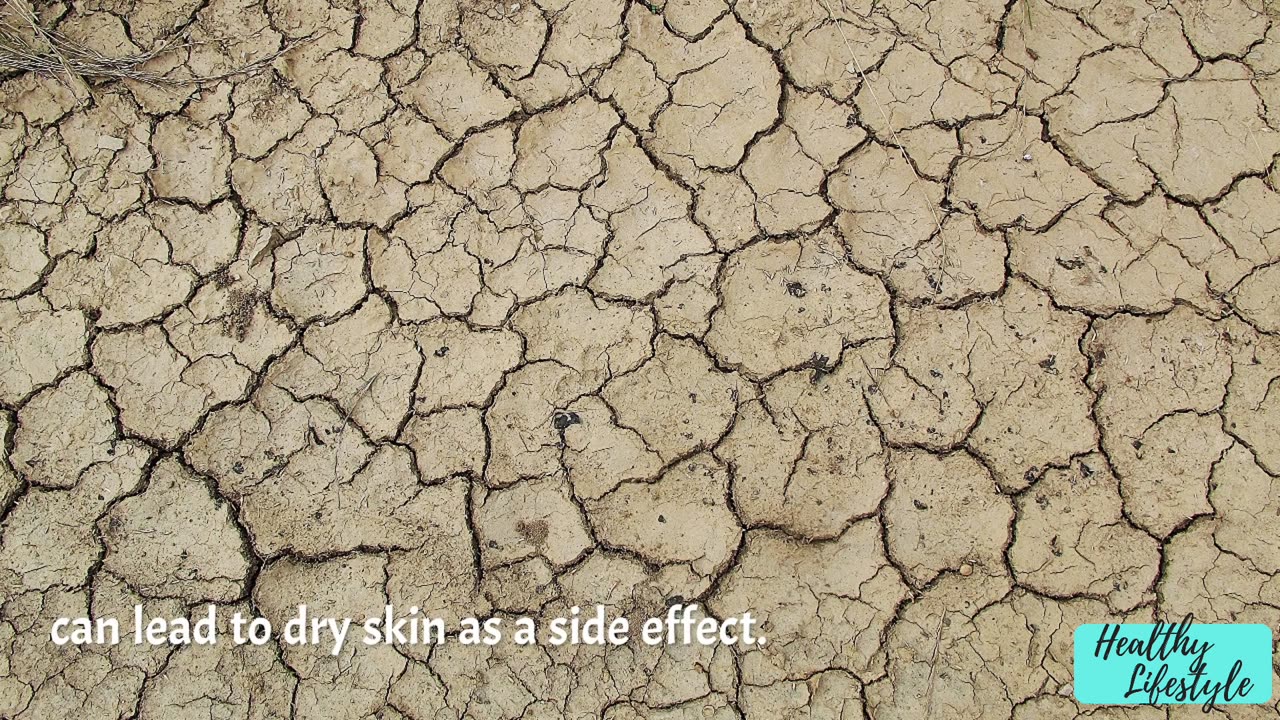Premium Only Content

What Causes Dry Skin
Dry skin can be caused by various factors, both internal and external. Some common causes of dry skin include:
Low Humidity: Dry air, especially during the winter months or in arid climates, can strip moisture from the skin, leading to dryness and dehydration.
Hot Showers or Baths: Excessive exposure to hot water can remove the skin's natural oils, disrupting the skin's barrier function and causing dryness.
Harsh Soaps and Cleansers: Using harsh soaps, detergents, or cleansers that strip away the skin's natural oils can contribute to dryness and irritation.
Age: As people age, their skin naturally produces less oil, making it more prone to dryness and thinning.
Skin Conditions: Certain skin conditions, such as eczema, psoriasis, and dermatitis, can cause dry, itchy skin patches.
Medical Conditions: Certain medical conditions, such as hypothyroidism, diabetes, and hormonal imbalances, can affect the skin's moisture levels and contribute to dryness.
Medications: Some medications, such as diuretics, retinoids, and certain acne treatments, can have drying effects on the skin as a side effect.
Environmental Factors: Exposure to harsh weather conditions, such as wind, sun, and cold temperatures, can strip moisture from the skin and exacerbate dryness.
Overwashing: Washing the skin too frequently or using harsh exfoliants can disrupt the skin's natural moisture barrier and lead to dryness.
Lifestyle Habits: Certain lifestyle factors, such as smoking, excessive alcohol consumption, and poor nutrition, can contribute to dry skin by affecting overall skin health.
Genetics: Some individuals may be genetically predisposed to having dry skin due to inherited factors that affect skin hydration and oil production.
Dehydration: Not drinking enough water or consuming excessive amounts of caffeine or alcohol can lead to dehydration, which can manifest as dry, flaky skin.
Hot or Cold Weather: Extreme temperatures, whether hot or cold, can aggravate dry skin by causing moisture loss and irritation.
Addressing dry skin often involves adopting a skincare routine that includes gentle cleansing, moisturizing, and protecting the skin from environmental factors. Additionally, identifying and addressing underlying causes, such as certain medical conditions or lifestyle habits, can help improve skin hydration and overall skin health. If dry skin persists or is accompanied by severe symptoms, it's essential to consult with a dermatologist for proper diagnosis and treatment.
-
 1:18:53
1:18:53
vivafrei
5 hours agoCanada Elected a Globalist, WEF, 3-Passport-Carrying Manchurian Candidate! And Other News! Viva Frei
67K65 -
 1:30:14
1:30:14
Michael Franzese
3 hours agoFace to Face with a Former Mexican Mafia Hitman
30K2 -
 LIVE
LIVE
The Nima Yamini Show
3 hours agoOy Vey & Facts.. A Call In for the Misinformed
171 watching -
 2:11:38
2:11:38
The Quartering
6 hours agoNew Karmelo Anthony Video, Pride Collapses, Bill Belichick Elder Abuse, Trump Assassin Texts Drop!
154K38 -
 LIVE
LIVE
LFA TV
22 hours agoALL DAY LIVE STREAM - TUESDAY 4/29/25
450 watching -
 1:05:33
1:05:33
John Crump Live
3 hours ago $0.50 earnedOur Tier List ofAR-15s!
14.3K1 -
 1:19:07
1:19:07
The Confessionals
6 hours agoWhat If You Were Chosen for Battle in a Realm Where Darkness Rules?
15.4K3 -
 1:19:14
1:19:14
Awaken With JP
4 hours agoEpstein Victim: It Was Definitely a Suicide - LIES Ep 89
84.5K40 -
 1:22:51
1:22:51
The HotSeat
3 hours agoTrump Wrote History — Democrats Wrote Their Own Obituary in the First 100 Days
24.7K2 -
 1:44:27
1:44:27
Rebel News
5 hours ago $8.23 earnedElection fallout, Two leaders lose their seats, Canada's future | Rebel Roundup
55.5K51